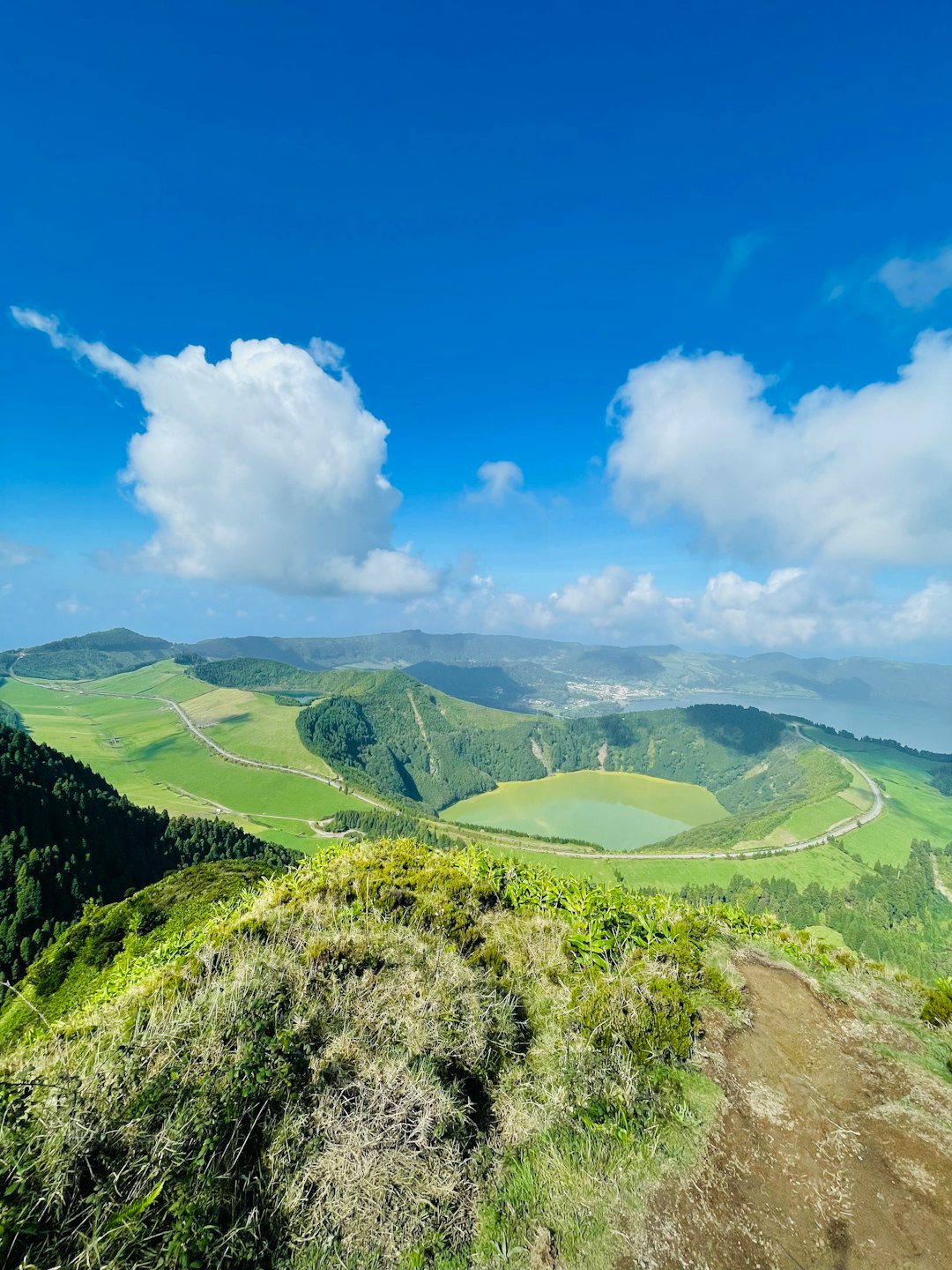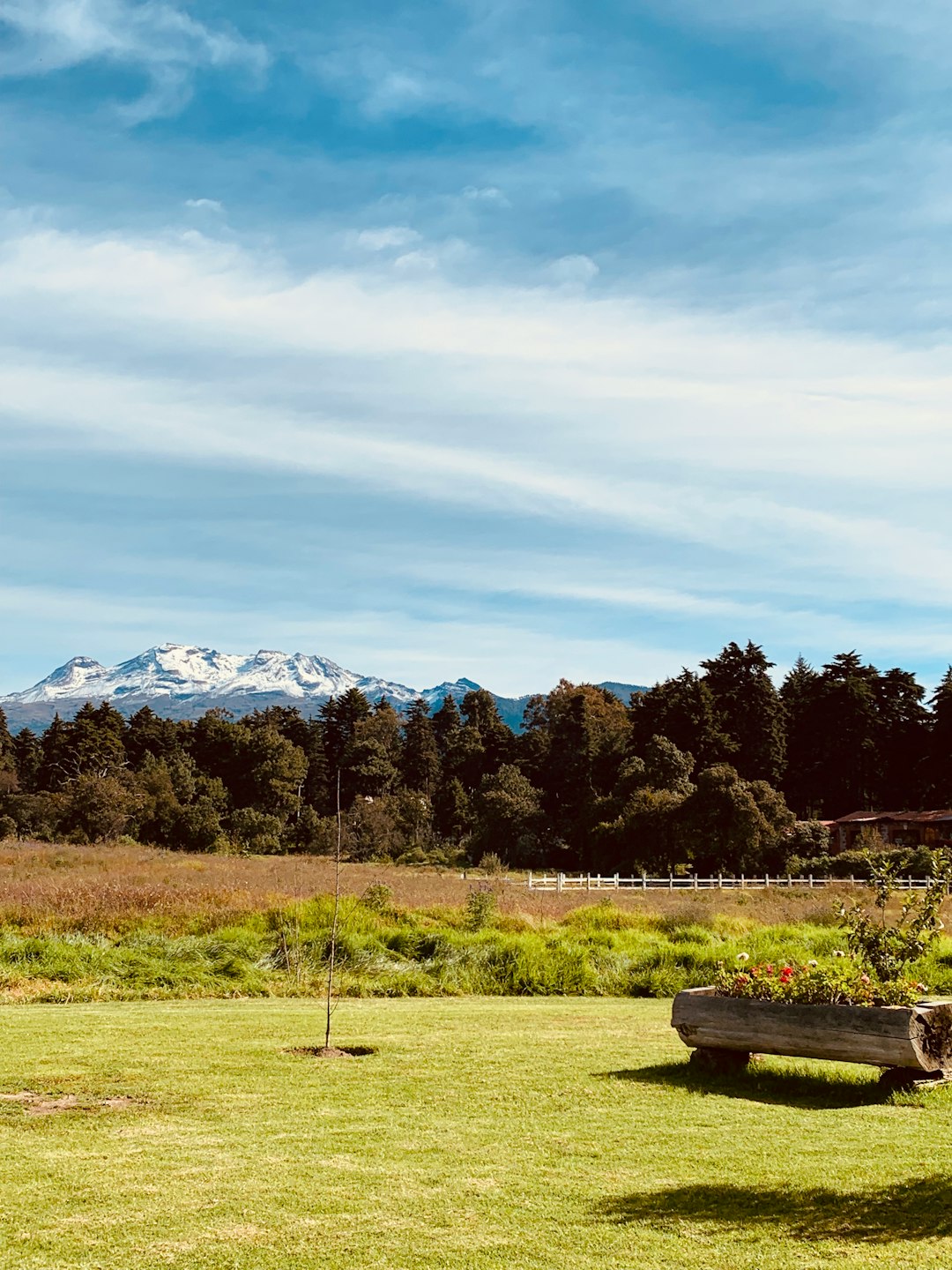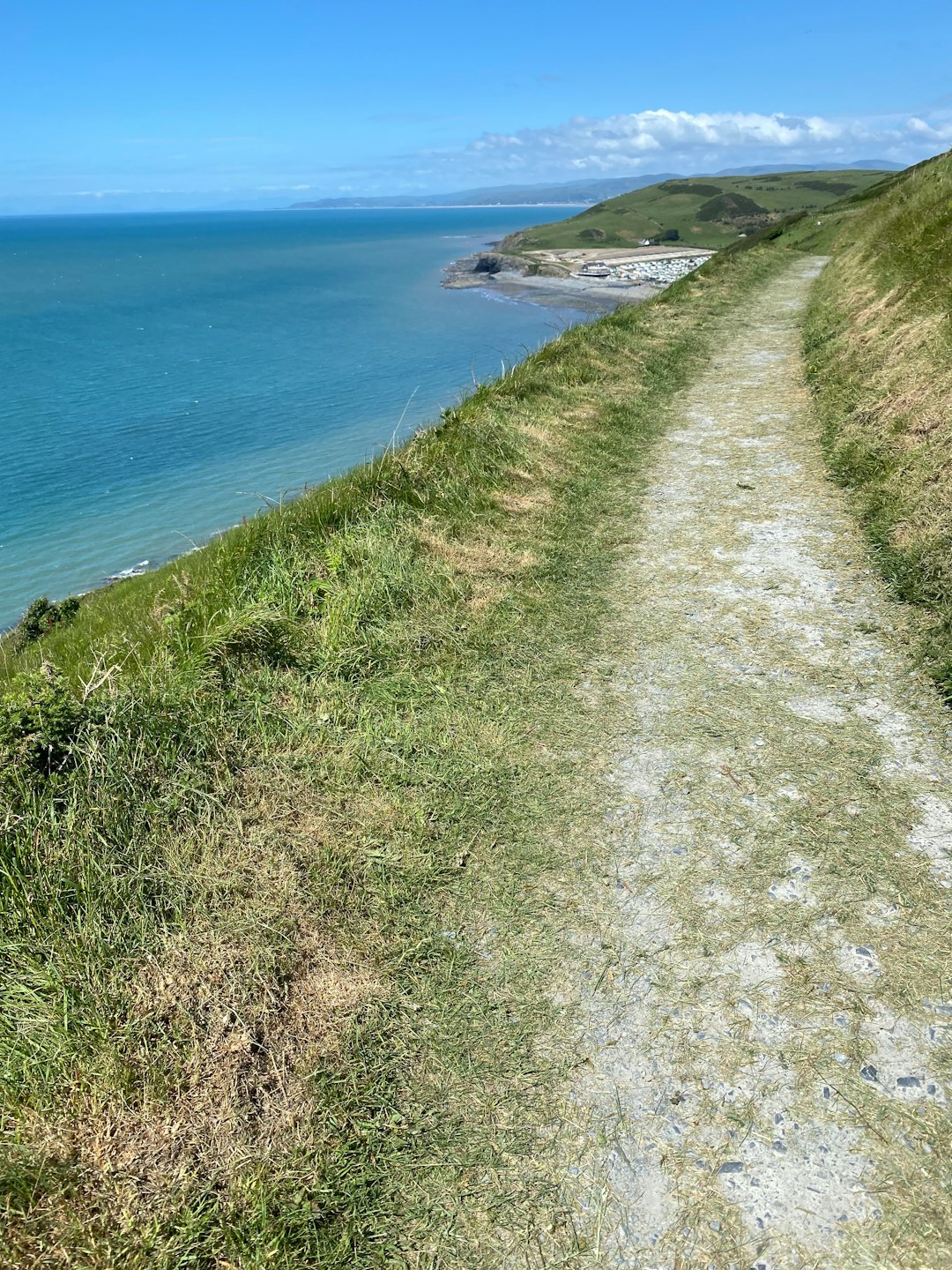

First impressions are type in real estate, and this stands also more accurate in the competitive Hawaiian market. Start by tackling any kind of essential repair work— both significant and minor. A dripping tap or a squeaky door might not seem like a dealbreaker, but it can be a turn-off for possible purchasers. See to it the property’s amenities, such as air conditioning or a pool, remain in top-notch condition, as these are very prized in the exotic climate.
Organizing your home can also play a pivotal role. Improve the natural elegance of your surroundings by optimizing natural light and matching the interior with exotic plants. Remember, buyers aren’t simply acquiring 4 wall surfaces and a roof covering; they’re buying into a way of living— one that’s synonymous with leisure and all-natural splendor.
In addition, take into consideration an expert evaluation. Not only does this show transparency, yet it also gives you a possibility to address concerns prior to they surface in customer inspections, perhaps derailing a bargain later.
Marketing land in Hawaii could represent among the much more substantial monetary deals you participate in. Undoubtedly, the choice to offer is never made gently, and it's crucial to approach this job with a singularity of purpose and prep work. To convert your land into fast money, you have to present your property as not just a tract yet as a portal to the way of life and peacefulness that Hawaii guarantees.
It's vital to recognize that offering land varies significantly from offering established homes. A home offers tangible credit to tempt buyers, such as bed rooms, bathrooms, and kitchen areas, but land sales are often concerning the potential and the desire. When marketing your land, you need to highlight not simply the physical features but also the capacity for what the land can end up being, whether that's a private house, an industrial development, or a boutique farming enterprise.
Furthermore, engaging with a real estate agent who has a tested record in land sales, particularly within Hawaii, is vital. They can direct you with the functional steps of marketing your land, from initial listing to the last handshake. This is key for vendors that are seeking quick cash, as a knowledgeable agent can expedize the procedure substantially.
Potential purchasers take heed; the pursuit for your Hawaiin dream property demands diligent research and an understanding of both the market and your needs. Securing a seasoned regional realty representative isn’t just suggested, it's necessary. They are familiar with the nuances of the local market and can provide emotional insights that are instrumental in your decision-making process.
In addition, it's recommended to have a clear vision of your budget, along with your intent for the land. Whether you're wanting to construct a house to live in or to create a business venture, your objectives will significantly form the land you must take into consideration. It’s essential to examine the facilities and access to energies on any type of possible residential property, as these aspects can dramatically influence both your spending plan and timeline.
Lastly, factor in the price of possession beyond the acquisition price, including property taxes, prospective homeowners association charges, and upkeep costs. Hawaii is a dream, however it's important that your spending plan remains securely grounded in truth.


Delving into the validities of land possession in Hawaii can feel as facility as navigating an old Hawaiian rainforest. One special attribute of the Hawaiian real estate landscape is the frequency of leasehold buildings. This suggests that purchasers may buy the structure built on the land, while the land itself stays leased for a specific duration.
Freehold ownership, or 'Charge Simple,' on the various other hand, involves the complete possession of both the land and any type of frameworks upon it. Understanding the variations in between these two and the lasting implications they might have on your investment is definitely vital.
It's also important to bear in mind the existence of 'Preservation Districts,' which are controlled areas planned to protect substantial natural resources and environments. If your land exists within these bounds, there will be extra restrictions and standards for its usage.
Tourist indisputably gas Hawaii's economy, which by expansion, exerts an effective influence on property worths. The islands' proceeded popularity as a holiday destination can bring about boosted need for land, driving real estate costs northward. Advancement jobs targeted at suiting the influx of site visitors— such as hotels, resorts, and amusement complexes— can likewise rise surrounding land values.
Nevertheless, with opportunity comes danger. Overdevelopment can potentially thin down the very beauty that draws people to Hawaiian coasts, bring about a precarious balancing act in between financial growth and conservation. This is an important consideration for any kind of investor seeking to take advantage of tourism-driven advancement.
Additionally, the ebbs and flows of global travel patterns, which might fluctuate as a result of financial downturns or health crises, can likewise affect the market. Sharp financiers will need to take into consideration these factors when identifying the timing and nature of their investments.


At the heart of Hawaiian society lies the Aloha Spirit— a philosophy of mutual respect and love, expanding past the people to include the land itself. As we witness the ebullient growth and development, there increases an ask for liable stewardship to guarantee the preservation of this spirit.
Involving with the community and understanding typical Hawaiian customizeds and values can shed light on lasting practices that honor the land. Incorporating contemporary advancement with typical values not only respects the heritage however can also resonate favorably with citizens and site visitors alike, producing a more extensive and authentic Hawaiian experience.
Crucially, making certain that growth does not infringe on the civil liberties and incomes of indigenous Hawaiian populations is not just a legal issue however a moral one as well. This harmony between progression and conservation is where we might discover the truest kind of success in Hawaii’s real estate endeavors.
To conclude, the journey to having land in Hawaii is loaded with marvel and filled with complexity. Welcoming the Aloha Spirit in your realty endeavors doesn’t merely close a purchase but weaves you into the detailed tapestry of Hawaii's social landscape. Whether reeled in by the islands' all-natural grandeur or the growing tourist market, browsing this surface demands regard, understanding, and a readiness to discover the subtleties that make Hawaiian property as distinct as the islands themselves. With considered preparation, specialist recommendations, and a respectful method, your slice of heaven in Hawaii isn't just a desire— it's an opportunity.
Approaching the finish line in buying Hawaiian land, it's vital to make sure a smooth deal. This ending step needs exact control and a clear understanding of the buying procedure. One essential pointer for a smooth close is to set realistic amount of time, acknowledging the fact that residential or commercial property transactions often tend to take much longer in Hawaii than on the landmass as a result of regulatory and logistical intricacies.
Clear interaction between all parties is vital. This involves all stakeholders — from your real estate representative and lawyer to lending institutions and escrow policemans. Keeping an open discussion will assist in far better understanding and efficient handling of the numerous actions associated with sealing the deal.
Last but not least, be prepared for the monetary aspect of closing. Understanding all the expenses entailed, including escrow charges, title insurance, and property taxes, will certainly avoid any kind of surprises. Likewise, make sure all documents are carefully reviewed prior to signing; this is where your lawyer's experience comes to be indispensable, safeguarding your interests as you formally come to be a landowner in the Hawaiian Islands.
To conclude, acquiring land in Hawaii can be a satisfying endeavor, providing the utmost desire for island living. Yet it demands detailed preparation, considerable due diligence, and an intimate understanding of the unique Hawaiian property market. By carefully thinking about the insights provided in this conversation and adhering to the standards laid out, you will be well-positioned to complete your acquisition with self-confidence and start the exciting trip of having a piece of Hawaiian heaven.

A purchase agreement should include details such as the purchase price, terms of payment, contingencies, and closing date.
Having all paperwork ready, choosing a reputable title company, and being prepared for negotiations can expedite closing.
Necessary documents include the deed, property tax records, and any agreements related to easements or restrictions.
Avoid pricing too high or too low without research, neglecting due diligence on potential buyers, and overlooking legal requirements.
The essential documents include the deed, property tax receipts, land survey, and any existing agreements or restrictions on the property.